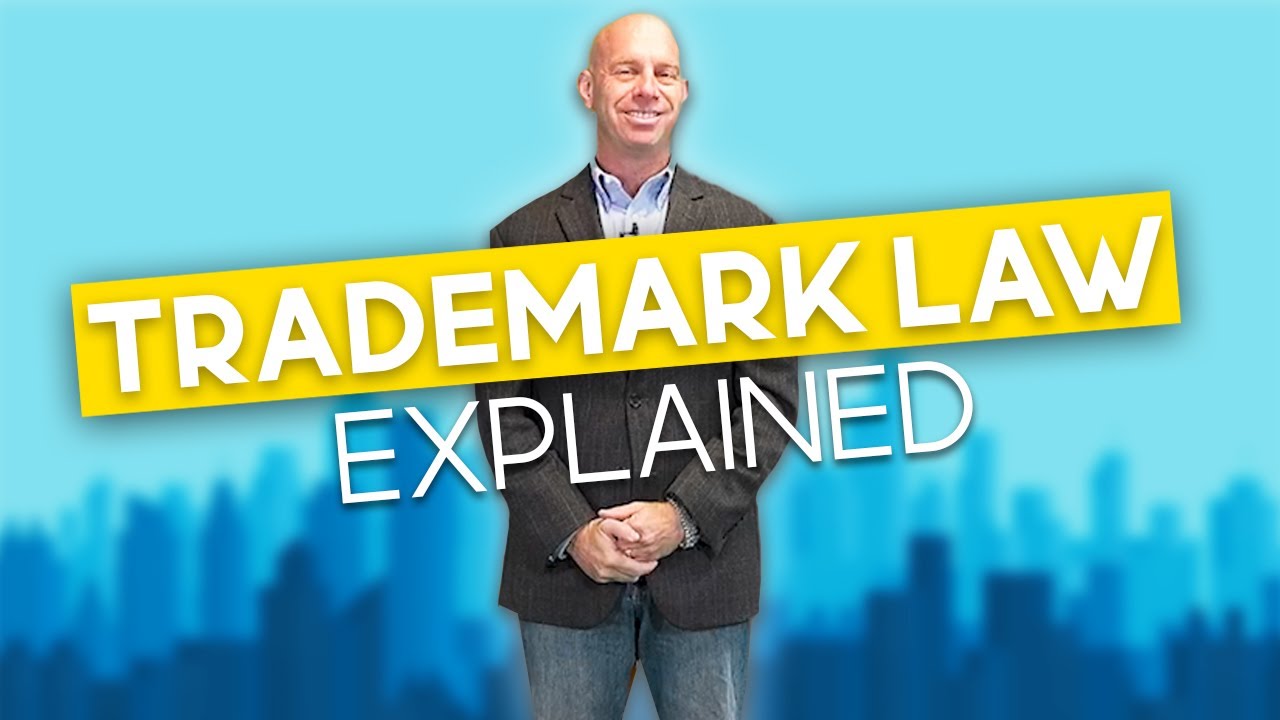
Amazon sellers who list their own private label products can be subject to a hijacked listing, which occurs when another seller has posted a counterfeit or similar version of your private label product on your listing.
This can be extremely frustrating for sellers, as its undermines their efforts to create their own brands and products, and takes away from their success in doing so.
 Further, if a hijacker is selling inauthentic products on your listing, this can lead to buyers leaving negative reviews for your products.
Further, if a hijacker is selling inauthentic products on your listing, this can lead to buyers leaving negative reviews for your products.
Negative reviews will deter other buyers from purchasing your products, even though the products customers received were from the hijacker.
Without intellectual property protections, a seller has no basis for a lawsuit when a hijacked listing occurs. Registering a trademark proves to be an extremely effective tactic in protecting an Amazon seller’s intellectual property rights as it provides the seller with the legal basis to bring a lawsuit in the event of a hijacked listing.
Registering a Trademark
One of the most important characteristics in assuring your trademark gets registered is “distinctiveness.”
This can be an expensive process and is extremely difficult to prove. Assuring the distinctiveness of a proposed trademark strengthens the protections offered and spares Amazon sellers the burden of defending their mark.
Assuring a Proposed Trademark on a Scale of Distinctiveness
Having an inherently distinct mark protects the trademark without any required proof of “acquired distinctiveness.” Proving acquired distinctiveness is extremely challenging so it is important that Amazon sellers select terms that are inherently distinctive. An inherently distinctive trademark consists of terms that are fanciful, arbitrary, or suggestive.
Fanciful, Arbitrary, and Suggestive Terms
Fanciful or imaginary terms provide the strongest trademark protections.
These are terms that have no dictionary definition such as “KODAK”. Ideally a fanciful or imaginary word provides the strongest in trademark protections, however, for certain sellers, a fanciful or imaginary term may not be applicable or appropriate for their product. Arbitrary terms can be an alternative option.
A term is arbitrary when the dictionary definition tells the viewer nothing about the goods and services in connection with which the mark will be used. For example, trademarking the name “SALTY” which has a dictionary definition, for a gardening product would be considered an arbitrary term. This is the second most inherently distinctive term a seller can use when registering a trademark.
If a seller’s proposed term is not considered arbitrary, there is one last form of an inherently distinctive term, suggestive terms. Suggestive terms are less arbitrary in that there is some connection between the dictionary definition, but this connection requires a “leap of imagination.” For example, using the term “SALTY” for a saltwater fish tank manufacturer. A relationship can be found between the term and the dictionary definition, but that connection must be indirect.
Takeaways for Amazon Sellers
Simply registering a trademark can provide Amazon sellers with a legal basis for a lawsuit in the event their listing is hijacked. 15 USCA § 1125 (c)(1) sets forth that:
“the owner of a famous mark that is distinctive, inherently or through acquired distinctiveness, shall be entitled to an injunction against another person who, at any time after the owner’s mark has become famous, commences use of a mark or trade name in commerce.”
This basically means so long as an Amazon seller’s mark is distinctive, that when infringement occurs, the seller can get a court of law to force the infringer to stop their illegal activity.
Sellers must remember, when registering a trademark, it is extremely important that Amazon sellers use inherently distinctive terms to guarantee they receive the strongest protection possible for their brand.








